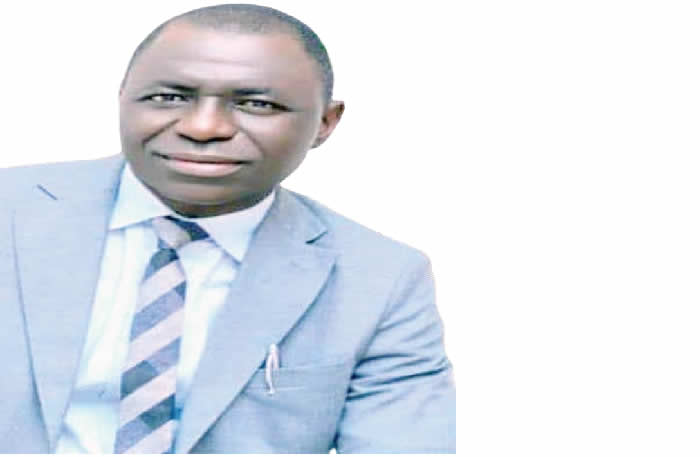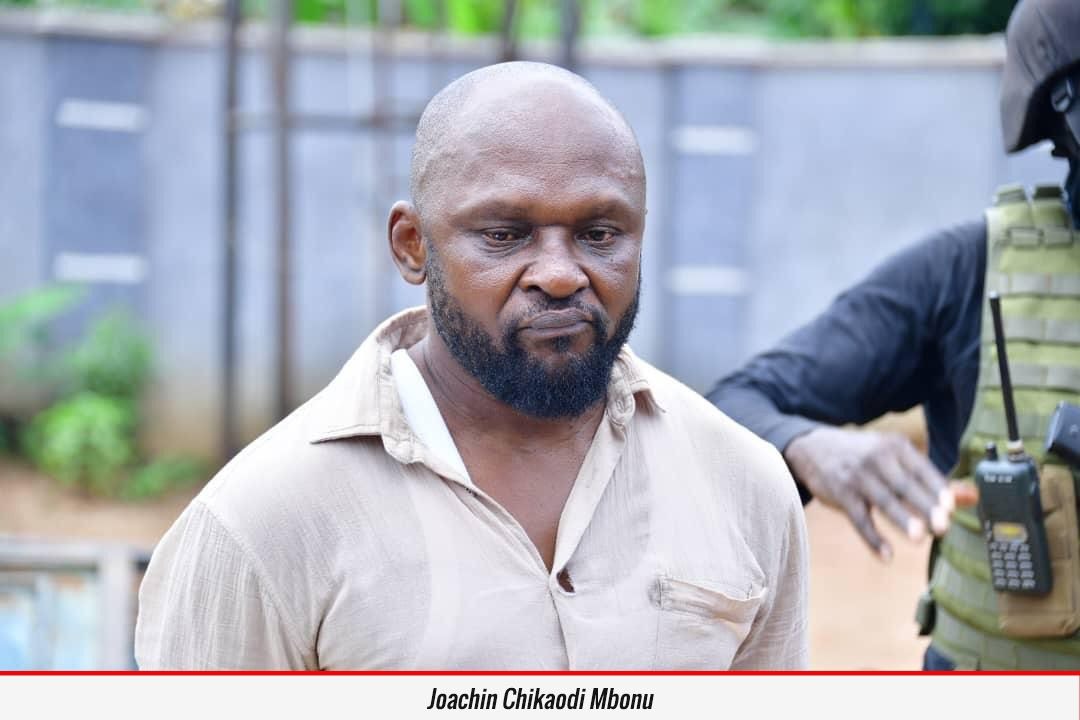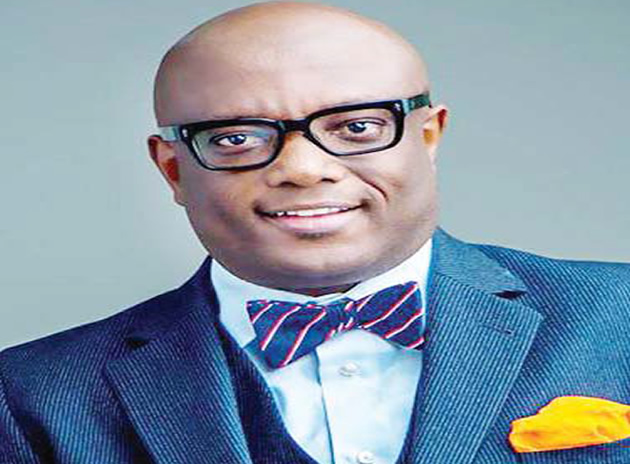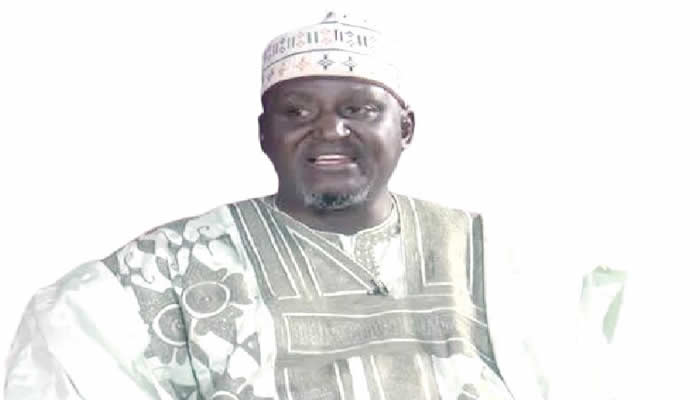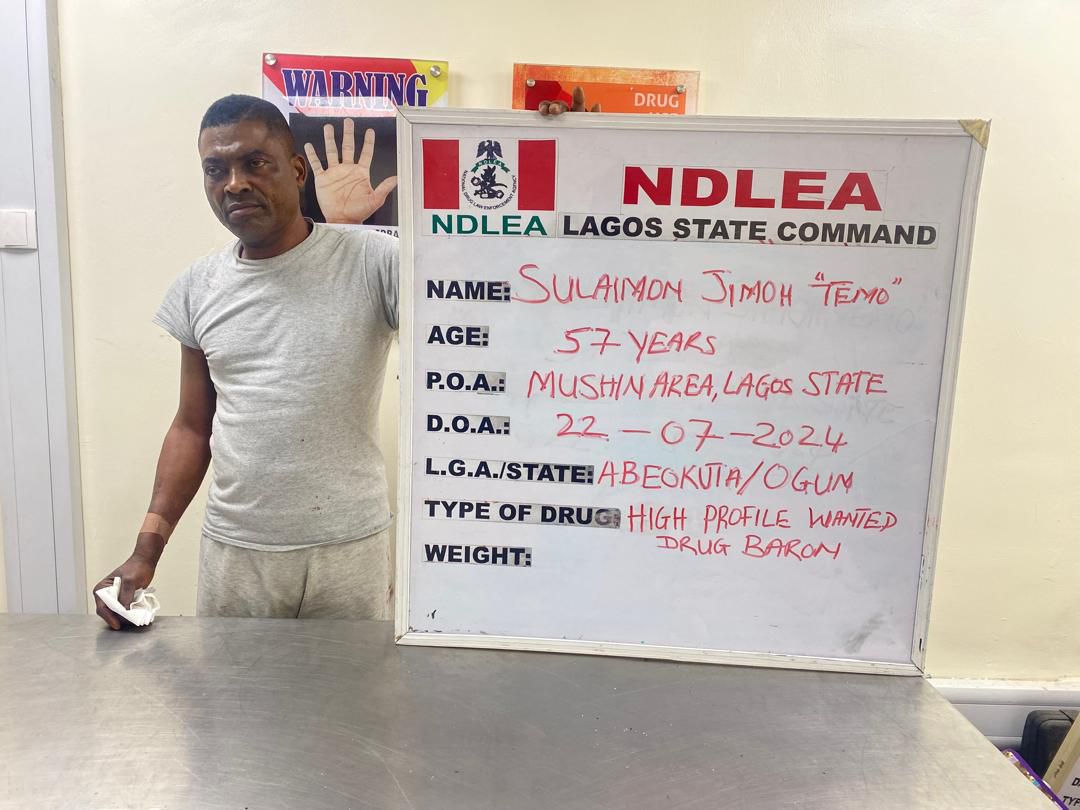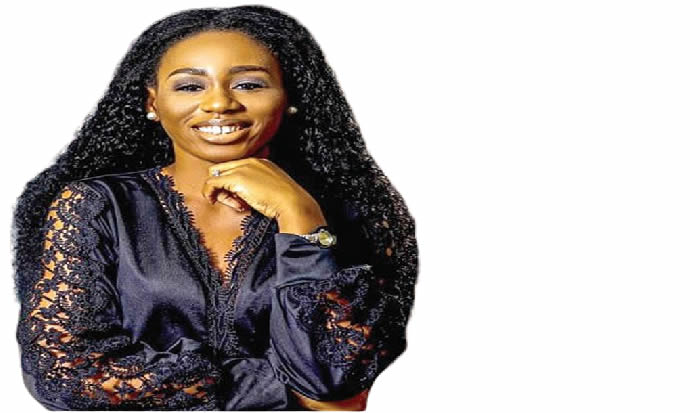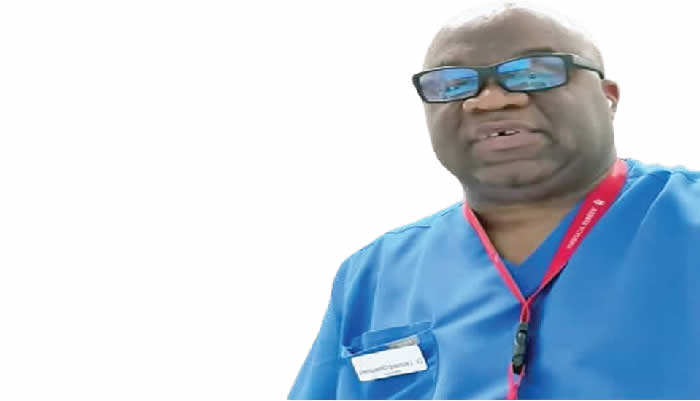Professor Olayinka Adewoye, a renowned expert in Environmental Toxicology and Aquatic Pollution at Ladoke Akintola University of Technology, explores the urgent human-induced factors driving environmental threats. He offers profound insights into critical issues such as food security and flooding in his discussion with Ajibade Omape
Several communities were recently flooded, how can risk-prone areas prepare and adapt to this environmental challenge?
We often believe that we are becoming more civilized, but our approach to civilization doesn’t align with the practices of those we try to emulate. In the past, farmers, especially those with farmland near rivers or streams, would have prepared for the rainy season in advance. They would dig drainage channels during the dry season to manage the heavy rainfall and ensure their farms were not affected by floods. This proactive approach helped contain rainwater and protect their crops.
Today, however, we seem to lack such foresight. Our vulnerability to flooding is largely due to poor planning. We now experience what I call a ‘pre-planned flood’.
Many people build their houses without proper drainage systems, and areas that should be reserved as drainage for rainwater have been sold off and developed.
When the rains come, instead of the water flowing into designated areas, it floods residential areas.
In the past, surveyors would indicate where drainage systems should be placed, but now, we see urban areas where such spaces have been built upon, leaving no room for water to drain naturally. As a result, these areas become waterlogged.
This situation is essentially a mismanagement of the natural resources that God has given us. We need to ask ourselves, have heavy rains only just begun? Heavy rainfall has always existed, but what practices did our ancestors follow that we are now neglecting? That is why we are facing these challenges today.
Has land degradation also contributed to problems of flash flooding and landslides?
Land degradation and landslides are natural occurrences, often caused by geological changes, which can be linked to climate change. Climate change can lead to landslides, earthquakes, and even volcanic eruptions. However, the degradation you are referring to is largely human-induced, primarily due to deforestation.
When we talk about deforestation, it’s not just about cutting down trees in the forest. Even in our immediate surroundings, we fail to plan and maintain green spaces as we once did.
It’s unfortunate that, while we try to copy Western societies, we overlook their emphasis on green environments.
In Nigeria, once someone builds a house, they often remove all the trees. These trees, aside from providing shade, help to protect the land. Their roots prevent the topsoil from being washed away by rainwater.
In environments without vegetation, water flows freely, eroding the land.
If we look back to the times of our ancestors, such problems didn’t exist because they respected and maintained the vegetation around them. Today’s generation, however, doesn’t appreciate the benefits of vegetation, which is why we’re facing these issues now. This degradation is largely a result of human activities.
Could you provide an overview of the key environmental factors contributing to flooding, landslides, and other environmental issues?
As regards flooding, we have both natural and human-induced causes. When it comes to natural causes, there are a few significant factors. Firstly, heavy rainfall that exceeds drainage capacity leads to flooding. Secondly, in regions with snow packs, particularly during the spring, melting snow can cause flooding.
Most importantly, geological changes can also disrupt the land’s structure, leading to landslides, earthquakes, or volcanic eruptions.
In Nigeria, however, the primary natural cause of flooding is heavy rainfall. When rain exceeds the drainage system’s capacity, it overflows, causing surface flooding.
On human-induced factors, deforestation is a major contributor. Vegetation does more than just provide timber or food; it serves as a natural cover for the land.
When we remove trees and vegetation, we eliminate the natural barriers that slow down water flow, leading to increased runoff.
Another human-induced factor is urbanisation. As populations migrate from rural areas to cities, waste generation increases, and people end up living in areas not meant for habitation.
For instance, in Lagos State, every available plot of land is developed, even those meant for drainage. This leads to the blockage of water flow.
In urban areas, many people build houses without proper drainage. When heavy rain falls, these inadequate systems overflow and water seek alternative paths, often flooding the area.
This affects not just the human settlements but also the surrounding infrastructure.
Is there a specific capacity that drainages should be constructed with to accommodate heavy rainfall?
I recently listened to a programme where a surveyor emphasised the importance of avoiding waterlogged areas when building houses. If you’re constructing in a flood-prone area, the drainage system should be more robust than standard gutters.
These areas need channels that are deeper and broader. If a drainage system is properly constructed and sufficiently deep, rainwater will flow without causing floods.
In places like Ibadan, we used to experience severe flooding in a place like Ogunpa, due to blocked waterways. A professor from the University of Uganda was contracted to address the issue and he advised the government to build deep channels, wide enough to allow even trailers to pass through.
Since then, there hasn’t been any flooding in the area. The type of drainage you need depends on the terrain. If you’re building in a lower area or downstream, the drainage must be both deep and wide to manage heavy rainfall effectively.
Besides the economy causing food prices to rise, has land degradation also played a role in food shortages in the country?
Land degradation has indeed contributed to food scarcity. When vegetation is intact, you can expect to harvest some produce from the land, whether from trees or crops. However, deforestation leads to increased runoff, which washes away the topsoil.
This topsoil contains vital nutrients that plants need to thrive. Continuous runoff year after year, depletes the soil’s fertility, resulting in reduced crop yields.
In the past, fertile land could support crops without the need for fertilisers. Now, due to land degradation, farmers must use fertilisers, which, over time, further diminish soil fertility. This has already begun to affect food production in Nigeria, impacting food security across the nation.
The situation is not just a physical issue but has far-reaching consequences on the country’s ability to sustain its agricultural output.
Thousands of homes were submerged after the Alau Dam collapsed in Maiduguri. Could the authorities have prevented this incident?
Yes, the authorities could have prevented it. Reports suggest that the dam’s collapse was linked to the release of water from a dam upstream in another country.
If there had been better coordination and communication between the Nigerian government and the upstream country, this incident might have been averted. The upstream country likely released water to manage its own flood risks, but without adequate vegetation to slow the flow in Nigeria, the downstream areas, such as Maiduguri, were left vulnerable.
The vegetation in the region has already been affected by repeated flooding, stunting its growth and reducing its ability to act as a natural barrier.
Since this is not the first time such an event has occurred, the Nigerian government should have anticipated the risks and created solutions, such as damming the water for later use in irrigation or electricity generation, particularly during the dry season.
Unfortunately, due to poor water management in Nigeria, the floodwaters had no means of containment and ended up submerging the area.
What immediate measures can be taken to prevent the risks of future dam collapses or other water-related disasters in the country?
The construction of dams in Nigeria today lacks the expertise and comprehensive planning that was once followed. Building dams requires a multidisciplinary approach involving engineers, geologists, and biologists.
One essential component of a dam called a ‘monk’, serves as a control mechanism, allowing excess water to be safely released when necessary. However, many of the dams being built today lack this feature, largely due to political influence and the absence of qualified experts.
In older dams that do have monks, these mechanisms are often no longer functional. Without them, the dams become over-flooded, submerging surrounding land and causing disasters.
The solution is to ensure that dams are built with proper controls in place and that existing dams are properly maintained and monitored by professionals.
How does deforestation or poor urban planning contribute to the severity of floods and landslides in some areas?
Deforestation and poor urban planning both exacerbate environmental issues like floods and landslides. Vegetation plays a critical role in stabilising the land. Trees and plants absorb water, while their roots help hold the soil together, reducing the risk of landslides. When forests are cleared, there is nothing to slow the water flow or grip the earth, leading to increased runoff and the potential for landslides.
Poor urban planning contributes by putting excessive pressure on land that may not be able to support the structures built upon it. For instance, if land meant to accommodate a single-storey building is used for multi-storey structures, the added weight increases the risk of land instability, leading to landslides or even earthquakes. In urban areas, land is often overdeveloped to meet the demand for housing, further aggravating these risks.
Proper planning, with attention to the land’s capacity and environmental factors, is crucial to preventing such disasters.
How does climate change contribute to the rising frequency and severity of flooding and landslides in Nigeria?
Climate change is driven by several factors, including deforestation and poor environmental management. When the climate is altered due to these factors, it leads to extreme weather events. In places where there is forest, where deforestation occurs, and proper land management is lacking, heavy rainfall cannot be absorbed by the soil and this results in excess water flowing into nearby water bodies.
When these water bodies become overfilled, the surrounding land and environment become submerged, leading to floods. Therefore, climate change has a significant impact on the occurrence and severity of flooding.
Given your expertise in environmental toxicology, how well-prepared are the local and national authorities to handle these ecological crises?
We are not adequately prepared. Farmers in the past used to prepare for the seasons, but nowadays, once the flooding season passes, it is quickly forgotten. People resume building in flood-prone areas, and local or state authorities, often bribed, turn a blind eye. However, I commend the approach taken by the Lagos government and what Wike is doing in the Federal Capital Territory, where structures built along water channels and drainage systems are being demolished. When comparing the loss of one house to the devastation caused by floods, the actions are justified.
In terms of preparation, both local and state governments in Nigeria tend to neglect proper planning. For instance, as early as February or March this year, the meteorological department identified states at risk of flooding, but no significant action was taken. The meteorologists make their predictions, but nothing is done in response, which is a recurring problem in Nigeria when it comes to flood management.
Is there a penalty for developers or landowners who build structures on water channels?
There should be penalties. For instance, anyone who builds on drainage or land designated as a no-build zone should have their Certificate of Occupancy revoked, and the government should seize the land. However, enforcement is often lax. Even when penalties are imposed, the public tends to criticise the government instead of acknowledging the consequences of illegal developments. The real issue lies in the inconsistency of implementing these penalties.
What role should government agencies and environmental organisations play in tackling the root causes of land degradation and other environmental issues in the country?
First, there’s a need to create more awareness. Current awareness campaigns are insufficient, and greater efforts should be made at the local level, even if that means going door-to-door. Secondly, enforcement of regulations is crucial. Awareness alone is not enough; there must be stringent enforcement of laws that prevent land degradation and environmental damage. For example, when flooding occurs, it’s essential to investigate who or what contributed to the disaster and hold local agencies accountable for their role in preventing such incidents.
What long-term strategies should be prioritised to prevent and manage environmental crises in future?
One long-term strategy is to implement proper urban planning, known in architecture as landscaping. In Nigeria, there is little planning when it comes to land use, leading to haphazard developments.
There should be designated areas for industrial, commercial, and residential layouts, but we currently build indiscriminately.
We are gradually making progress, but more needs to be done. For example, before anyone begins construction, agencies should inspect the property to ensure there is adequate vegetation in the surroundings.
A few years ago, the Federal Government raised awareness about the importance of planting trees, encouraging people to plant 10 trees for every one they cut down.
Unfortunately, that rule is no longer enforced, and people continue to cut down trees without replacing them. Implementing regulations that ensure green spaces around homes is crucial. Additionally, the widespread practice of sinking boreholes, though not the focus of today’s discussion, is another issue that affects the land and should be addressed.
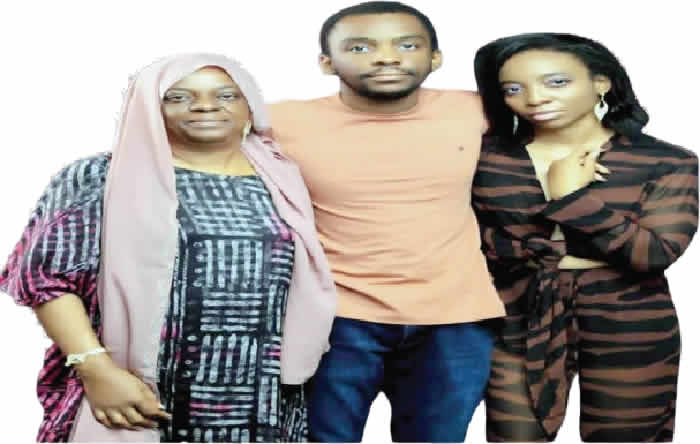
![[ICYMI] People call me failure after my Aquafina business collapsed – Wisdom Alfred](https://todayprice.ng/wp-content/uploads/2024/10/Wisdom-Alfred.png)
